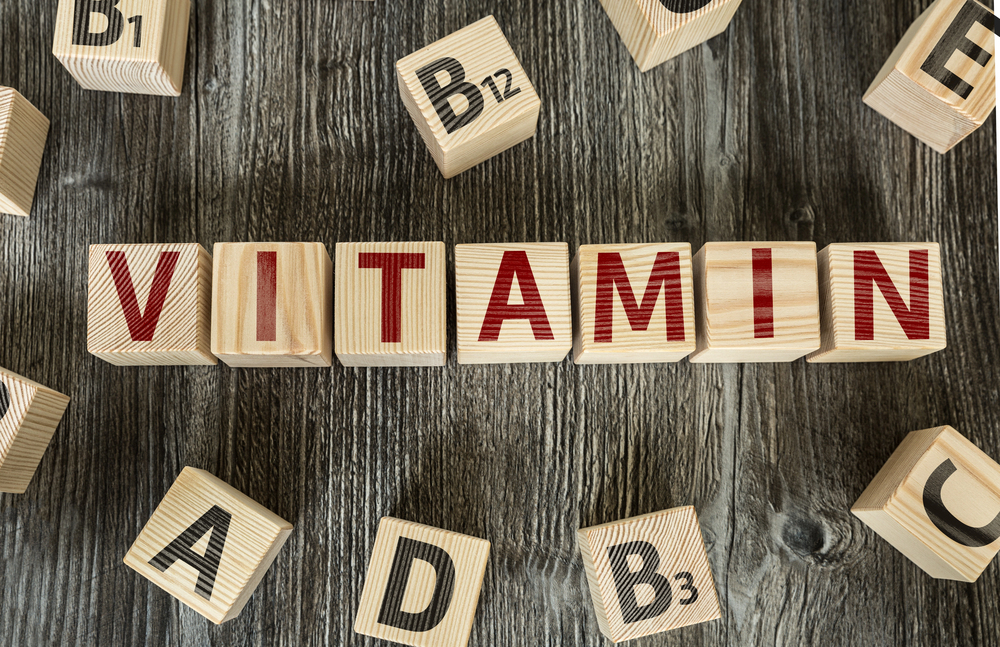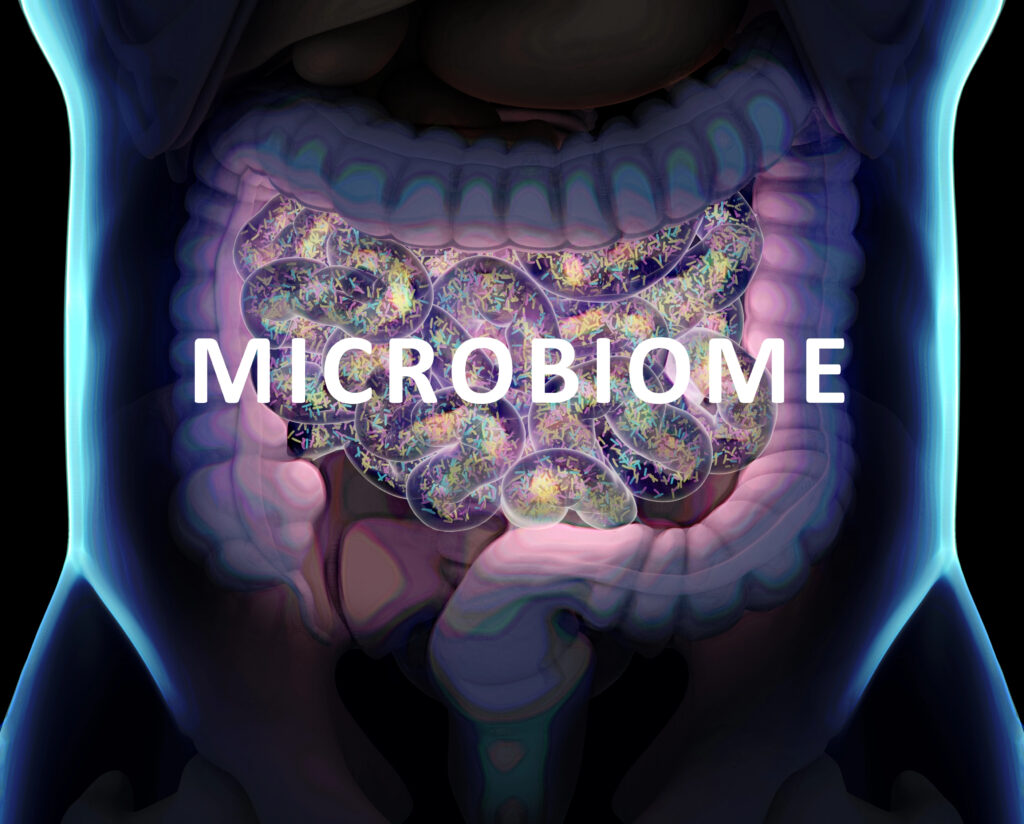Pregnancy nutrition is vital to the health of your developing baby. The first three months of pregnancy are when all of the organs and the nervous system are developing. Good nutrition during this time is vital to these processes. Below we summarize the most important things you can do to ensure that you have a healthy baby.
Continue reading below or download a printable PDF version
General
- Once pregnant, you should gain 25-35 lbs if you are a normal weight. It is not recommended to lose weight during pregnancy, but a gain of only 15-25 lbs may be recommended if you are overweight or obese. Those with a BMI of less than 20 may need to gain 25-35 lbs during pregnancy to ensure that both they and the baby are getting the right nutrition.
- Protein requirements increase from about 46g to as much as 71g per day during pregnancy. Use a clean-sourced protein shake if you have trouble eating enough food to satisfy this requirement.
- Low carb diets are not appropriate for pregnancy. Women require a minimum of 100-175g of carbohydrate per day in pregnancy. At least half should be whole grains.
- As much as 33% of calories can come from fat; emphasize polyunsaturated fats (fatty fish, flax oil, grass-fed animal products) and monounsaturated (olive oil, nuts and seeds, avocado). Avoid trans fats and limit saturated fat.
- Eat nutrient-dense foods like avocado, whole grains, grass-fed meats, organic poultry, low-mercury fish, dark, leafy greens, and other fruits and vegetables. Avoid processed foods that have little nutrient value.
- Dads-to-be can support the process by eating what their wives are eating–sans the additional nutrients, of course!
Water
It may seem obvious, but good pregnancy nutrition requires adequate water for the expansion of your blood supply. Drink at least 9 cups of fluid per day and avoid water bottles containing BPA.
Iron Status
 While pre-pregnancy is the best time to build your iron stores if they are low, supplementation is still critical if your stores are determined to be low during pregnancy. Iron requirements increase substantially during pregnancy from 18 to 27 mg/day. Have your iron checked, especially if you are vegetarian or vegan, have had iron deficiency in the past, are frequently tired or pale, and/or have dark circles underneath your eyes. If you are determined to be iron deficient, supplement between meals and do not take it with calcium, which inhibits iron absorption. I think health food stores offer much better options for iron than the drug store. The co-nutrients needed to use the iron will be included with iron, better absorbed forms of iron will be used, and less constipation will be experienced.
While pre-pregnancy is the best time to build your iron stores if they are low, supplementation is still critical if your stores are determined to be low during pregnancy. Iron requirements increase substantially during pregnancy from 18 to 27 mg/day. Have your iron checked, especially if you are vegetarian or vegan, have had iron deficiency in the past, are frequently tired or pale, and/or have dark circles underneath your eyes. If you are determined to be iron deficient, supplement between meals and do not take it with calcium, which inhibits iron absorption. I think health food stores offer much better options for iron than the drug store. The co-nutrients needed to use the iron will be included with iron, better absorbed forms of iron will be used, and less constipation will be experienced.
Food Quality/Safety
The small size of your baby and their extra needs for growth make them more sensitive to chemicals and non-food substances.
- Eating organic will minimize your baby’s contact with pesticides, antibiotics, steroid hormones, and most food additives. This includes fruits and vegetables, and also using organic dairy, meat, and packaged food sources.
- There is sufficient evidence from animal studies to raise concern over the consumption of genetically modified foods (GMOs). Corn, soy, and canola foods are typically GMO—look for organic sources of these foods or avoid them during pregnancy.
- Increased progesterone during pregnancy makes you more vulnerable to infection, so foodborne illness is a greater risk. Make sure to wash fruits and vegetables thoroughly and eat only well-cooked meats. Avoid raw eggs (including batter) and fish. Cat litter sometimes harbors parasites, so have another family member take responsibility for changing the litter.
- Mercury can cause serious consequences to brain health. Avoid large, predatory fish like shark, swordfish, tilefish and albacore tuna.
Supplementation
There is an increased requirement for many nutrients during pregnancy. A good multivitamin can cover many of these needs. Here are the nutrients of most concern:
- Folic acid—this nutrient is essential for adequate replication of DNA, growth of the fetus, and protection from neural tube defects. It is recommended for all pregnant women to take 400mcg of folic acid per day. Requirements for multiple fetuses are higher. Those with an MTHFR gene mutation may require more folic acid in the 5-methyl THF form.
- Vitamin D–deficiencies in this nutrient are very common, especially in pregnant women. The best source of Vitamin D is unprotected exposure to sunlight. Vitamin D is very important to skeletal development and regulates over 200 genes. A good multivitamin will have 1000-2000IUs of Vitamin D. If your levels are low, your doctor may recommend up to 4000 IUs per day.
- Choline—essential for brain development in the fetus. The average shortfall in the American diet versus the requirement for pregnancy is 200mg. Meat and eggs are the best source of choline, so you may not need to supplement if you eat these foods daily.
- Iodine—the need for iodine increases from 150 to 220 mcg during pregnancy. The best source is iodized salt, along with fish and shellfish. Finding a multivitamin that provides up to 150mcg of iodine is a good way to assure that you meet the increased need for this nutrient.
- Iron—Iron requirements increase from 18 to 27 mg during pregnancy. If your iron tends to be low, if you have fatigue, or if you are vegan or vegetarian, it is important to have your iron levels checked. If stores are low, it is best to supplement separately. If adequate, a multivitamin with up to 18 mg is sufficient.
- DHA—this fatty acid is also very important to brain development. Supplementation with 400-500mg per day has been shown to give benefit.
- Calcium— the RDA for calcium in pregnancy is 1000mg and increases to 1300 mg in the third trimester. If you do not eat dairy on a regular basis you may want to consider supplementation. Great non-dairy sources of calcium are sardines, dark, leafy greens, sesame seeds, and fortified cereals and orange juice. Some people that don’t digest dairy well can tolerate whey protein or yogurt, both great sources of calcium.
What to Avoid
Good pregnancy nutrition also includes the avoidance of certain things:
- Alcohol and caffeine pass easily from the mother’s blood to the fetus. While 1-2 cups of coffee will not do harm, alcohol should be strictly avoided.
- Vitamin A can cause birth defects if taken in excess. Consumption should not exceed 10,000 IUs per day. Some Vitamin A should be consumed as beta carotene (found in orange and yellow fruits), which converts to active Vitamin A if needed.
- Avoid all chemicals and smoking. BPA disrupts hormone balance and can be found in the lining of canned foods, foods packaged in plastic, and some water bottles. Pesticides and herbicides in non-organic foods can act as estrogen in the body and upset the normal balance of hormones.
Practicing good pregnancy nutrition is the very best way to ensure the health of your unborn baby. Many nutrients are required in amounts that are almost double preconception amounts. Being aware of these nutrients and supplementing to fill in the gaps assures good health for both mother and child.



